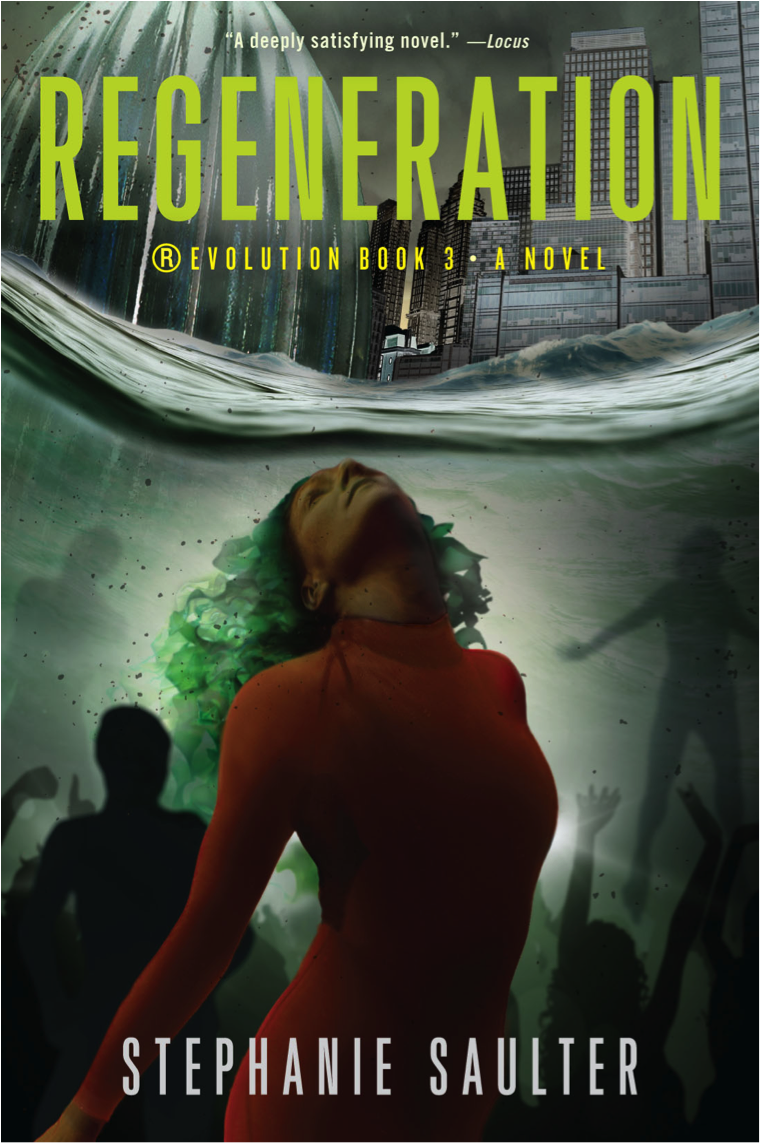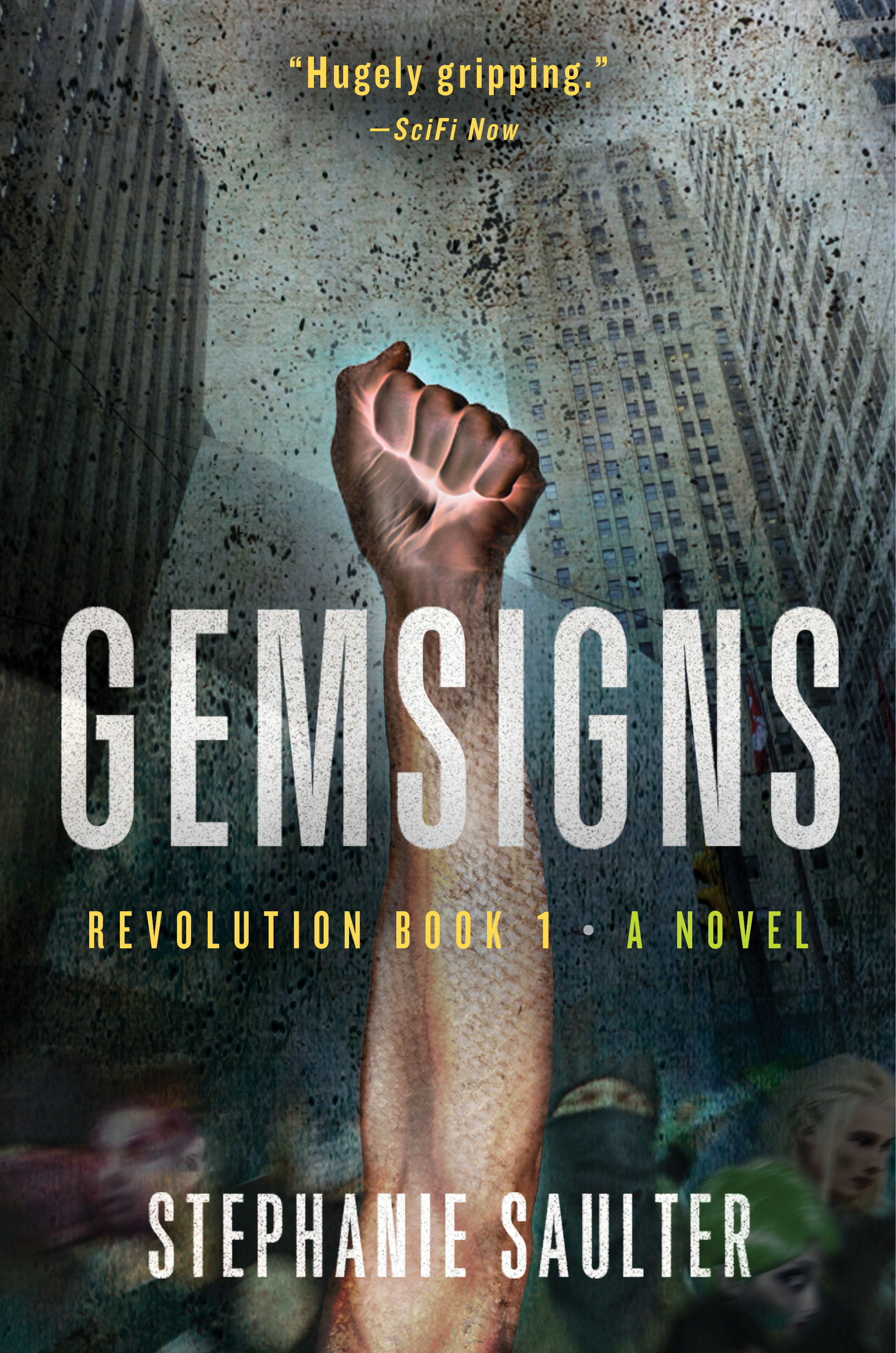I’m going to be on three panel discussions at the 75th World Science Fiction Convention at the Messukeskus Centre in Helsinki, August 9-13. The organisers caution that the programme is almost-but-not-quite finalised, so if anything else gets added I’ll update this post. However these are confirmed:
Are Utopias Worse than Dystopias?
Friday 11 August, 12:00 – 13:00, Pasila library (Messukeskus)
Utopias are supposed to be good futures, and dystopias bad futures. Yet utopias are by definition ‘best’, hence preclude the possibility of change and evolution. Also, any utopia described has no place for dissidents: they only work if everybody toes the line.
Utopias tend to be reflections of the time they were formulated in, and what might be seen as a happy society in one age might be seen as terrible places in a later age (just look at More’s “Utopia”). If a utopia can’t be changed, it will eventually turn into a dystopia. Dystopias, at least, include the possibility of rebellion and the hope for change.
On the other hand, utopian thinking as a phenomenon and mindset is notably a great advantage for human society. Take the contemporary standard of equality we are enjoying; for introducing that we have utopian-thinking people and groups to thank for, (for fighting slavery, feminism, etc.) Even if not a single consummated utopian theory has been proven to be completely workable in praxis (from the ones that have gotten the chance to be tried), utopian literature and art remains an efficent laboratory for trying out and comparing different social theories, and questions on what humanity is. Science fiction that plays ontologically with WHAT-IFs is a natural habitat of Utopia as an artform.
Klaus Æ. Mogensen (M), Tom D Wright, Stephanie Saulter, Jani Saxell, Maria Candia
The Future is Approaching Quickly: SF As An Alternative to Future-Oriented Think Tanks
Friday 11 August, 14:00 – 15:00, 204 (Messukeskus)
Earlier this year The Economist ran a feature on how people who want to figure out where society is heading should read Iain M Banks.They argue the Culture is “space opera that anticipates some of the challenges that technology is beginning to pose in the real world” and that science fiction serves as an idea library that informs tech industry.
What do you think the near future will look like? Do you believe in the singularity? Will we figure out reasonable security? Will big data ruin it all? Would block chains make for good SF material? Will people accept self driving cars?
Kristina K., Stephanie Saulter (M), Nick Price, Klaus Æ. Mogensen, Qiufan Chen
It’s More Complicated Than That
Sunday 13 August, 14:00 – 15:00, 203a (Messukeskus)
“There is always a well-known solution to every human problem — neat, plausible, and wrong.” When experts try to popularise science, and politicians pronounce about economics, is a little knowledge a dangerous thing? If the public think they don’t need experts, or prefer simple lies over complicated truths, can democracy survive?
Joe Haldeman (M), Ian Watson, Stephanie Saulter, Ian Stewart
§
As always, many thanks to the organisers for all their hard work and smart programming. I’m really looking forward to the con, catching up with old friends and new, and spending a couple of days getting to know Helsinki before it all kicks off. (Getting a head start with Adventures in Moominland this evening in London!)






